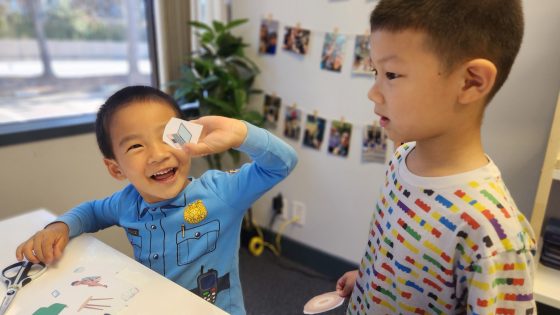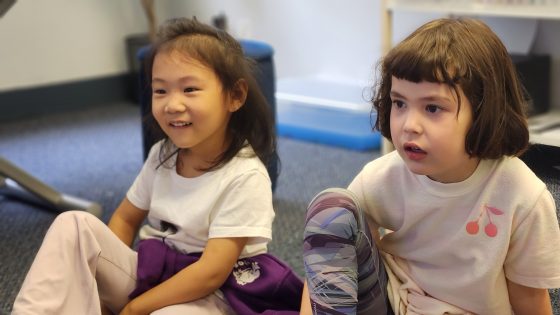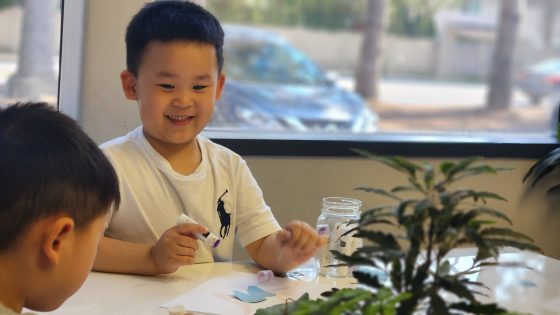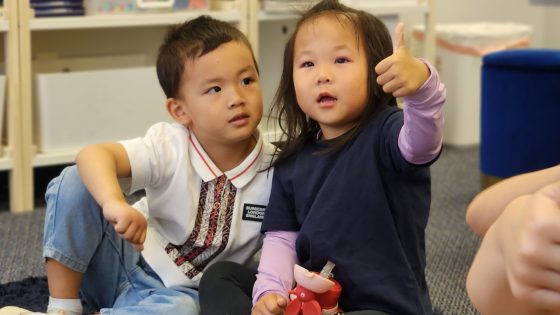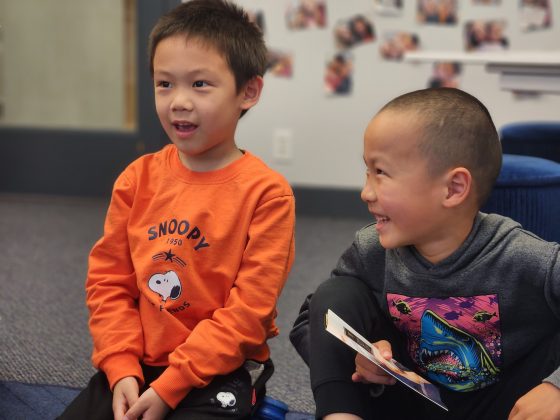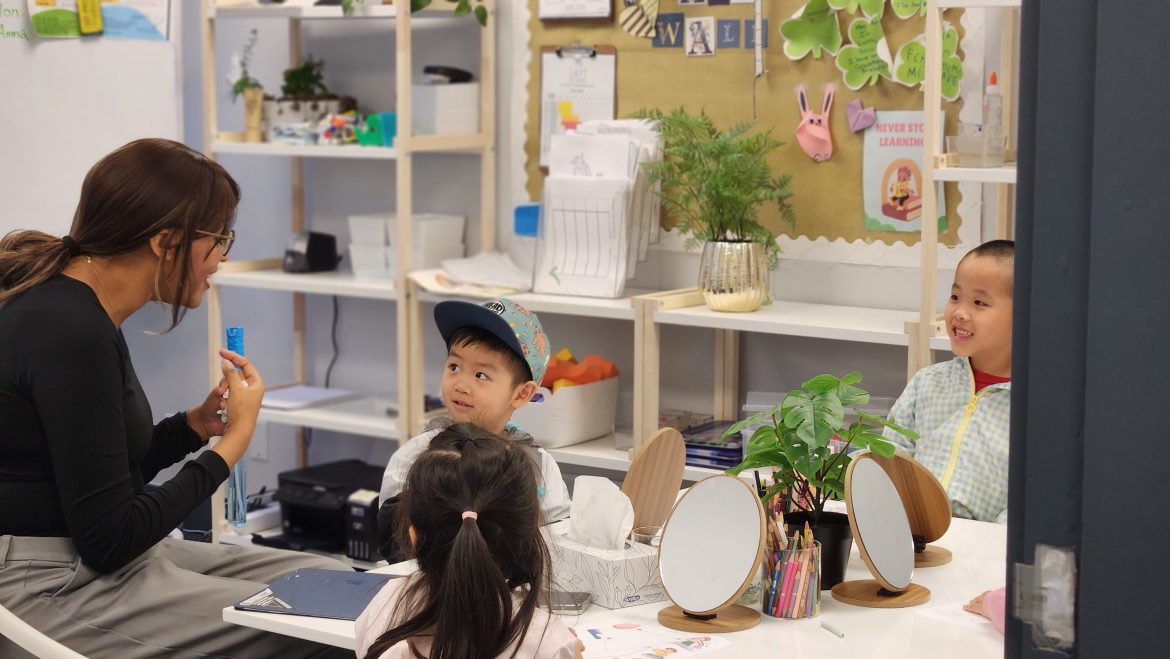A child’s self-expression becomes stronger through adult-lead prompting, and a little bit of trickery…”
Written by Kelli-Ann Oakey
Speaking what’s on your mind is a skill that needs to be taught. Believe it or not, it is not something that comes naturally to children, especially in social situations, or in the presence of adults.
Without resorting to directly saying, “Speak up, kid!” there are a few clever strategies to encourage children to share their thoughts without the internal hesitation of being right or wrong or feeling external pressure from adults.
